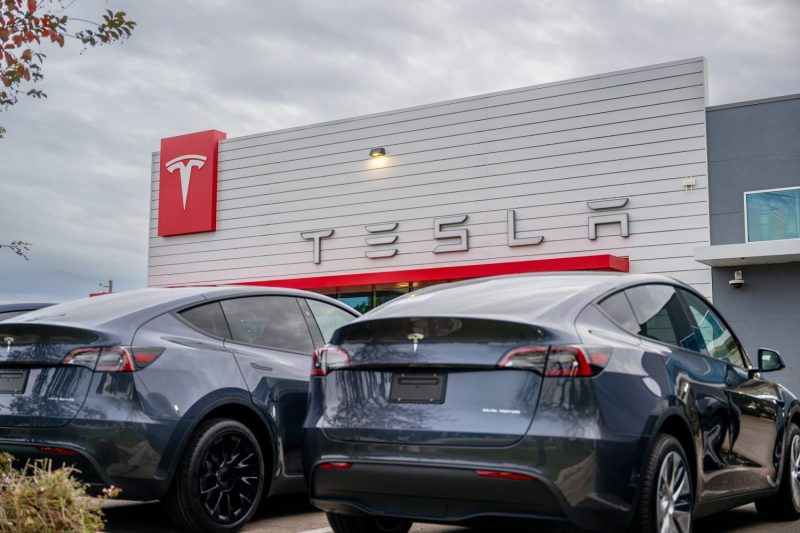In an unexpected yet strategic move, the European Union (EU) has dramatically reduced its proposed tariffs on China-made Tesla electric vehicles (EVs) alongside several other Chinese firms. This is considered an effort to smoothen trade relations between the EU and China, considering the booming market for electric vehicles among European countries.
The European Union initially laid out plans to impose significant tariffs on electric vehicles and their components, prompting a slew of concerns from various stakeholders, especially given the surge of electric vehicles in the region. However, a surprising pivot has seen a substantial slashing of these intended tariffs, delivering a significant boost to Tesla and various other Chinese companies that export to Europe.
At the heart of this issue are the Tesla EVs manufactured in China. Known as the world’s largest manufacturer of electric cars, Tesla has been producing their EVs at an impressive scale from their Shanghai Gigafactory. This move by the EU allows Tesla to enter and compete in the European market on a more level footing, as the reduced tariffs alleviate what could have been significant cost barriers.
However, Tesla is not the only entity benefiting from this decision. Other Chinese firms engaged in the production of electric vehicle components like batteries, electric motors, and related technologies, will also feel a positive impact. Many of these companies have been recognized for their innovation and quality in electric vehicle technology, but tariffs imposed by the EU have hindered their full market potential in European countries.
This policy change recognizes China’s leading role in the global EV market. Currently, China is the largest producer and market for EVs, boasting more than half of the world electric vehicles. The nation has an aggressive strategy to electrify their domestic auto industry and is leveraging its production capabilities to export these vehicles internationally.
Moreover, beyond benefiting the direct stakeholders, the slashed tariffs can also shape the European electric vehicle market’s future. A reduction in tariffs, naturally leading to more affordable electric vehicles, could fuel more rapid adoption of EVs across European territories.
This move also gives clarity in the EU’s stand with regards to climate change. While Europe has been championing the shift towards green energy, the previous tariff plan seemed somewhat contradictory. However, by slashing tariffs on EVs, they are now promoting the usage of eco-friendly vehicles more assertively, which aligns with their sustainability goals.
In terms of geo-political implications, the tariff rollback can be interpreted as an olive branch extended to Beijing, amid a climate of trade tensions among global economic superpowers. It suggests a willingness for mutual dialogue and cooperation between the EU and China in sectors where their interests align, such as in the promotion and progression of the electric vehicle industry.
Ultimately, the slashing of planned tariffs on China-made Tesla EVs and other Chinese firms is paving the way for accelerated EV adoption in European countries. Moreover, it symbolizes a strategic, though subtle, shift in the intricate web of international trade policies: opening channels of trade cooperation, fostering better economic relations, and upholding the shared agenda of a more sustainable future.




